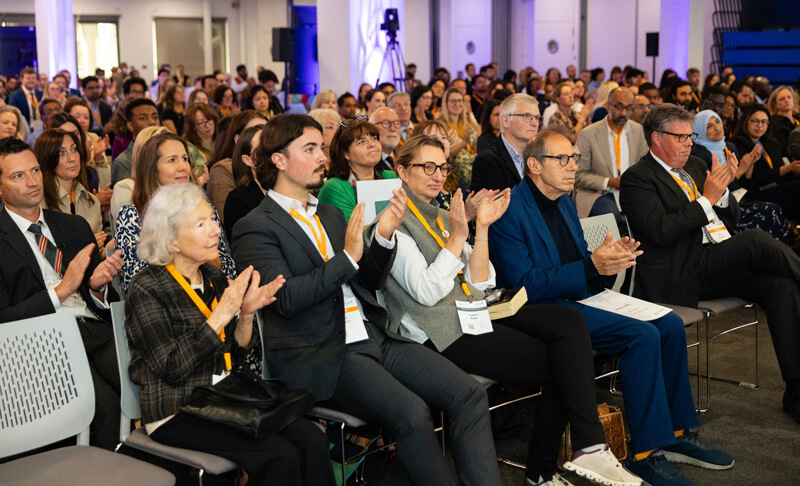 Isaac Costa, FY2, University Hospital North Midlands, UK
Isaac Costa, FY2, University Hospital North Midlands, UK
From groundbreaking research to a debate on the centralisation of head and neck services, BAHNO provided a wide ranging and clinically enriching programme for all those involved in head and neck oncology care.
A well-coordinated entrance by the event staff ensured delegates did not find themselves lost in the ‘Nursey World’ festival on the floor below! Delegates were greeted with an open floor with ready access to refreshments and various stalls from BAHNO Meditech sponsors. The main hall offered the perfect space for delegates to network while the poster gallery on the floor above offered the chance to study the 132 accepted posters.
An instant highlight of the morning was a free paper presented by Kevin Harrington: ‘Neoadjuvant and adjuvant pembrolizumab plus standard of care in resectable locally advanced head and neck squamous cell carcinoma-Phase 3 KEYNOTE-689 Study’. This study was just one example of the possible shift in our current practice we may see in the next few years.
Our keynote speaker Baroness Helena Kennedy (above) followed the free papers with a talk entitled ‘What has medicine got to do with human rights?’. The humour was topical with references including US law firms US law firms avoiding any discord with the current administration. However, no one in the auditorium was left with dry eyes as we listened to the Baroness’ harrowing experiences in seeking justice with regards to Russian imperialism, religious fundamentalism in Gaza and UK abortion laws.
With a similar session of free papers in the afternoon, our presentation winners were: Sinead Rothrie with ‘Establishing a living well after treatment’, Farizeh Jashek-Ahmed focussing on head and neck cancer waiting times and Raiza Elmira/Charlotte Freeman establishing a nurse-led triage service for head and neck cancer referrals.
Ending proceedings was a thought-provoking debate: ‘Head and neck cancer management should only be managed in centres performing large volume caseloads”. Although most were in favour of the motion to begin with, the ‘against’ team’s appeals for preventing health inequalities due to travel distance, as well as funded cross site supervision networks, swayed the room to an impressive 72/28 against the motion.
With the focus now set on BAHNO 2026, I echo our new president’s wishes for a focus on continuing research development, furthering multidisciplinary collaboration and increasing international involvement in research.



